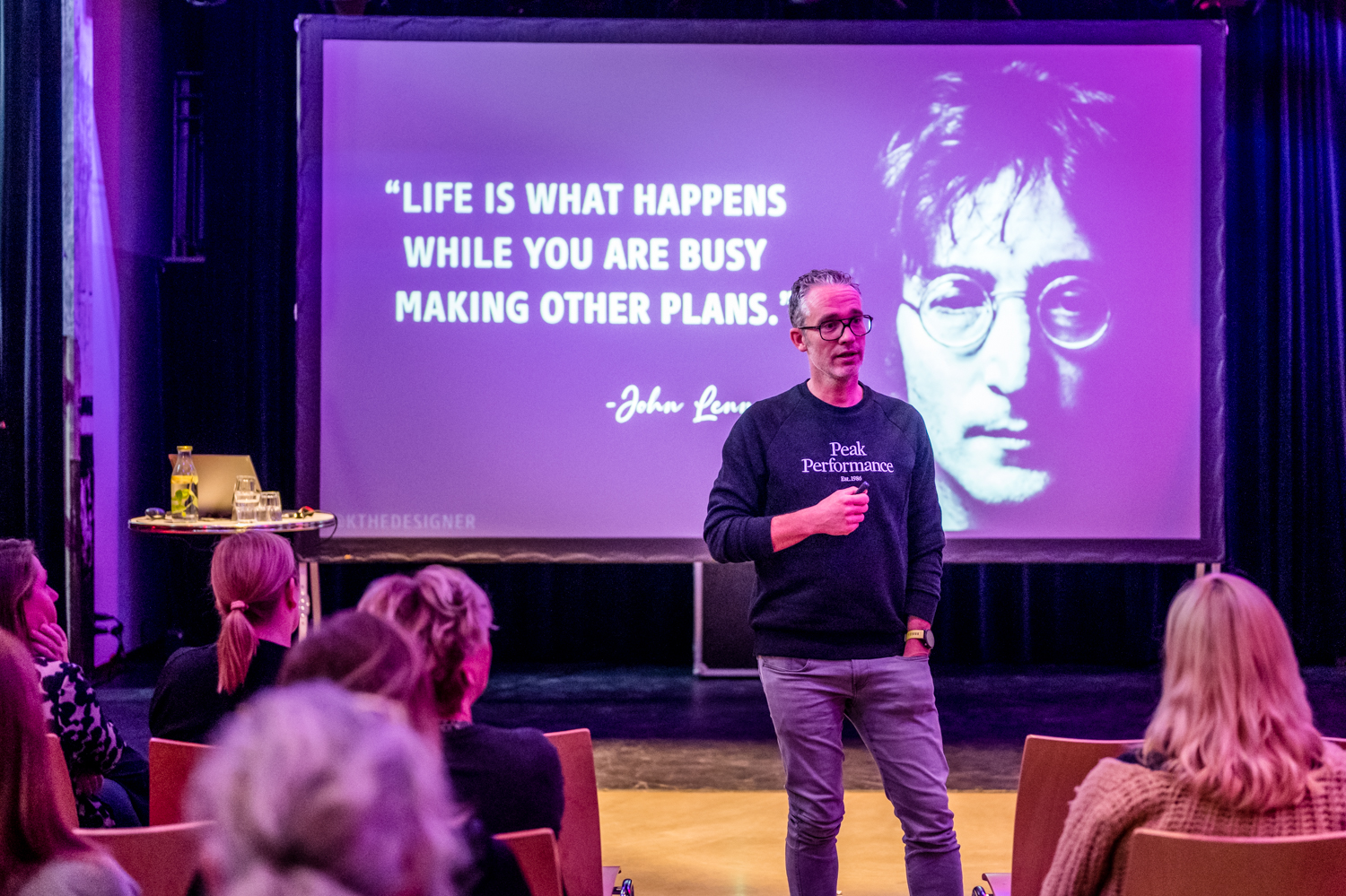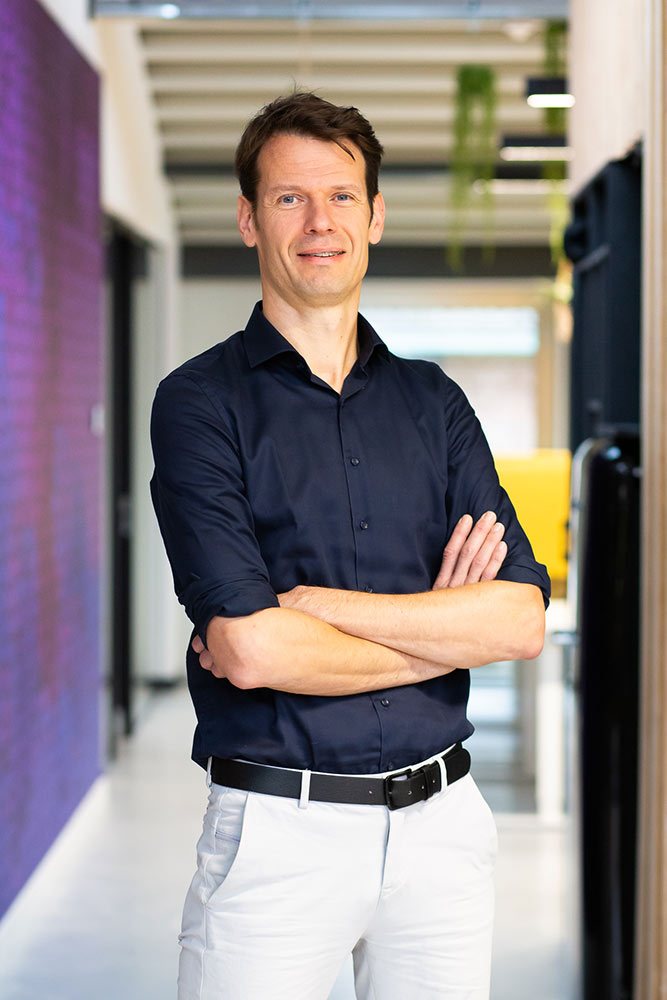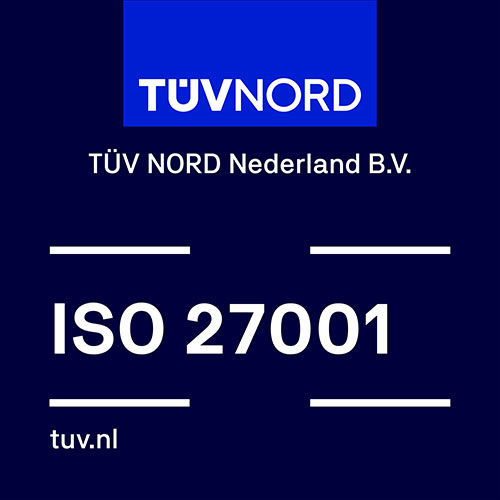Pipple likes to color outside the lines
At a fast pace, with the necessary enthusiasm and a good portion of enthusiasm, Jeroen tells about Pipple. His baby, you could call it. Now out of diapers. Because where in the beginning he did everything himself, he can now count on the enthusiasm and expertise of his employees.
“Why did I start Pipple? I have always worked in the financial sector. At banks and insurers’. He says. ‘Although I have always worked with a lot of job satisfaction, I still noticed that I kept trying to fit into the straitjacket of a position. I didn’t want that anymore.’

Socially engaged
In addition, Jeroen also has a socially enthusiastic heart. He has set up a project in Nepal where he contributes to educational improvement, trains teachers and forgives scholarships. “I wanted to bring those two worlds together.” Is he still experiencing a straitjacket? “Not at all! Pipple fits who I am. With my norms and values, personality, human image and worldview. I can now act 100% on the basis of these values, there are no conflicts there. I never have to put on a mask and that’s very nice.’
The birth of Pipple
And so Pipple was born. With a clear vision. ‘The pi represents the mathematical aspect. I’ve always enjoyed working on that: building data analytics models made me happy.’ In addition, the name is a reference to Pippi Longstocking. ‘Our corporate cult is creative, open-minded and out of the box. We’re not afraid.’ This creativity is reflected, for example, in the fact that many staff members play a musical instrument. “We can almost start a band.”
People, planet and profit
Finally, the three p’s come back in the name. ‘People, planet and profit. We dedicate about 10 percent of our time pro bono to NGOs such as the Red Cross.’
Release
Soon customers were able to find Pipple and so more people were needed. “How did I deal with that? It actually happens to you. You have to accept that it’s dynamic. And where I used to do everything myself, I now try to do as little as possible. My role has changed. I see Pipple as a growing child, who lets you go more and more. That’s very relaxed for me, not everything rests on my shoulders anymore.’
The labour market
Jeroen has little trouble finding the right people with the shortage on the labor market. And that is striking, in times when other companies are struggling. ‘That’s because we’ve always gone for quality. Really good people. And that is also why colleagues come to work here: you can learn from each other with us. In addition, we also have an almost friendly relationship with each other. We go skiing together every year, for example. That’s only possible because we get along so well, otherwise you won’t do that.’
Because employees are so happy with their work, they ‘recruit’ new employees themselves. ‘Very often it goes via-via. That is also a good way, because then someone already knows a bit more about our company culture and whether it suits him or her. In addition, we have an assessment for all new employees, but in the end you only notice on the work floor whether there is a match.’

Culture
Customers also experience this corporate culture at Pipple. For example, Farhang Dehzad – team leader of the data lab of the Ministry of Health, Welfare and Sport – compliments the communication power of the company in a customer story on the Pipple website: ‘They are not data scientists in a lab. On the contrary. Both were clearly present in a pleasant way. They needed little instruction, went out on their own and dared to give their opinion. By listening, explaining, thinking along and brainstorming, they were able to channel the flood of needs from the business into a handy application with which the shop floor itself can work.’
Coloring outside the lines
Such a corporate culture can only arise if you are allowed to experiment. Jeroen explains: ‘What I missed in my previous job was the freedom to try out and go on my beak. The Pippi feeling: taking on something new with courage. I didn’t always want to stay within the lines and avoid risks or act out of fear. That’s what I try to encourage at Pipple. How do I do that? By setting a good example.’

The future
Jeroen sees the future very soberly: ‘Not very different from now. Of course, we like to take on the challenge by taking on more complex projects. But we don’t necessarily have to act in other countries or be three times as big. As far as I’m concerned, growth is more about being even more creative, open-minded and subservient. ‘
“Life is what happens while you are busy making other plans” – John Lennon, quoted by Jeroen de Haas


